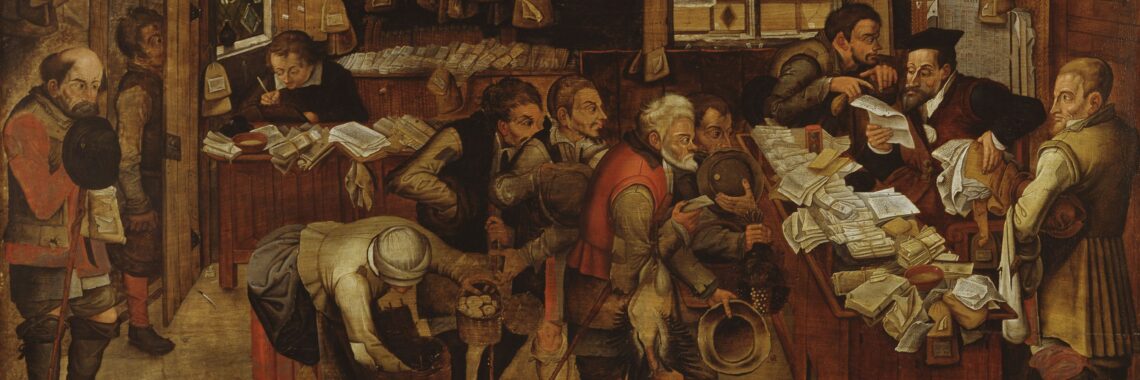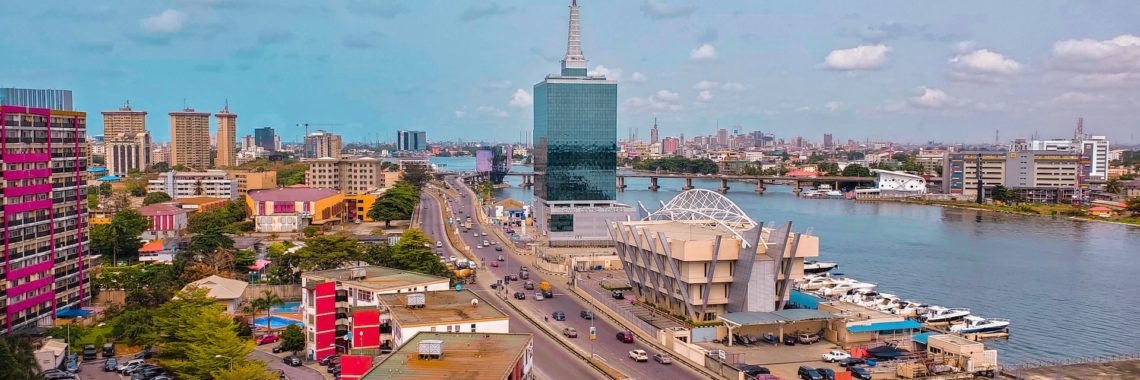“Constitutions Address Religious Freedom, but Not as Much as Desired” by Dennis Petri and Jonathan Fox
The Village Lawyer by Pieter Brueghel (US-PD). The following essay is reprinted and adapted on Canopy Forum in collaboration with the journal Derecho en Sociedad, a biannual electronic publication that is free and open access. Their issue 19(1) features full length articles in Spanish and English. Read Petri and Fox’s long-form essay on Constitutions Address of Religious Freedom here. See other…








